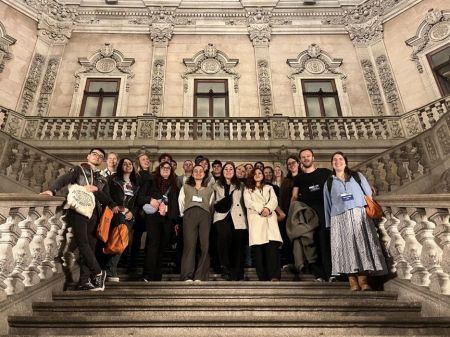We are pleased to share news of a new book relevant to…
Senator calls for Brazil's energy law to remeber co-ops
A Brazillian Senator has called for legislation aimed to cut energy prices to take the unique role of rural co-operatives into account.
Senator Ana Amelia has called for the special treatment for Brazil's rural energy co-operatives in the amendments to the regulatory framework for the sector compared to big energy companies.
In Provisional Measure amendments (579/2012), the Senator said she believes the law should not be approved before analysing the impact it could have on the energy sector in general, and on rural energy co-operatives in particular.
The measure aims to reduce to up to 28 per cent the cost of electricity bills by 2013 and allows for early renewal for up to 30 years of concession contracts with companies that are generating, transmitting and distributing energy.
Senator Amelia warned that reducing the cost of energy across the country must be done in a “responsible, efficient and balanced” way. She said that 431 amendments have already been proposed, which shows how important it is to take all aspects into account before approving the law.
Ana Amelia introduced four amendments. She proposed that rural energy co-operatives can continue to develop activities at the same standard and charging the same tariffs for energy. She also called for changes in regulations regarding electric co-ops. The Senator also declared herself in favour of cumulative taxes within the energy sector, to ease the tax burden. Senator Amelia also asked methodologies for calculating specific rates of light and demanded transparency in the obligations of the concessionaires.
Referring to rural energy co-ops, she said: “It is a special category that deserves special treatment, without increasing the cost of operation. The law must take into account this and defend co-operatives.”
The Senator concluded by saying that although the initial aim of the legislation is to reduce energy bills, this can have a severe impact on the development of rural energy co-ops. She said the law should not cause confusion or legal uncertainty. Twenty-three energy co-operatives in rural areas of Rio Grande de Seul benefit more than 1.2 million residents, or 11 per cent of the people in South Brazil.




